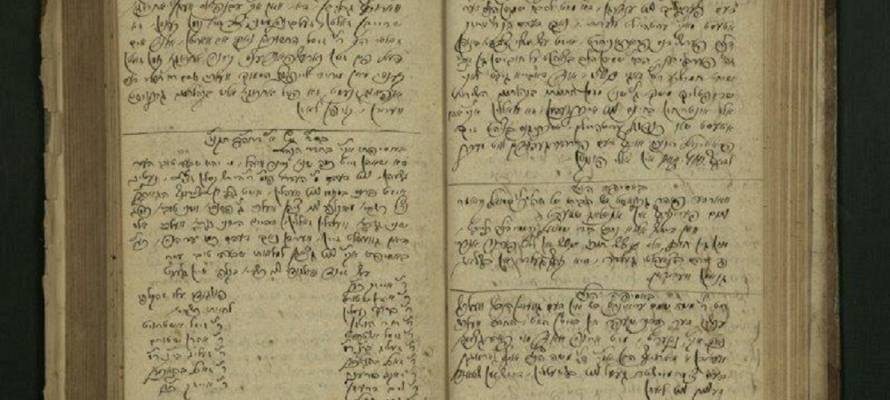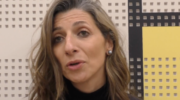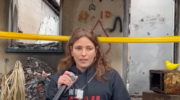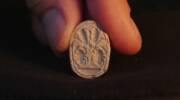The project is considered “complex” and will take two years.
By United with Israel Staff
In a historic collaboration between the National Library of Israel (NLI) and Google, some 120,000 books will be digitized, NLI announced Thursday. It will include all of the library’s collection of out-of-copyright works that have not yet been digitized as well as every book published during the first 450 years of Hebrew printing.
About half of the books are in Hebrew, Yiddish and Ladino (Judeo-Spanish). The rest include a variety of languages such as Latin, English, Arabic German and French.
Inclusion of these books “significantly increase the percentage of Hebrew texts available through Google Books,” noted the NLI statement.
“The project is part of the Google Books Library initiative, which includes over 40 million books from more than 70 of the greatest libraries in the United States, Europe, and Japan, as well as from thousands of publishers. It includes books in over 400 languages,” according to NoCamels.
The Google Books project was launched 15 years ago. Its goal is to digitize every book throughout the world in order to make them searchable for all.
Head of library partnerships at Google Books Ben Bunnell said they were “delighted that the National Library of Israel chose to join us in this endeavor. This partnership brings a rich collection of Hebrew language materials to the corpus and takes us a significant step closer to realizing our mission.”
The “complex” project is expected to take about two years. It requires the use of state-of-the-art shipping containers that meet strict climate-control and security requirements to transport the books from the NLI in Jerusalem to the Google digitization center in Germany. Every book must then be scanned and returned to Jerusalem each month.
Included in the digitization process are: the 1853 book “The Interpretation of Dreams” in Zhovkva, Ukraine originally published by Rabbi Manasseh ben Israel (1604-1657) in which the significance of dreams from a Jewish perspective is discussed, drawing from the Talmud, the Zohar, and Western philosophy; “The Five Books of Moses: Tzena U’rena,” a 1785 Yiddish translation and adaptation of the Torah, first written in 1509 and “intended primarily for women who were typically not educated enough to study the original biblical text,” according to NoCamels.
“Sefer Me’Am Loez,” an 1823 collection of Midrash teachings of the sages on the Bible, considered the “crown jewel of Ladino literature,” is also be digitized, according to the statement.
Yaron Deutscher, head of Digital Access at the National Library of Israel, said in a statement that the organization was “very happy to be working with Google in fulfilling our mission to open access to the treasures of Jewish, Israeli and universal culture for diverse audiences across the globe.”

Do You Love Israel? Make a Donation - Show Your Support!
Donate to vital charities that help protect Israeli citizens and inspire millions around the world to support Israel too!
Now more than ever, Israel needs your help to fight and win the war -- including on the battlefield of public opinion.
Antisemitism, anti-Israel bias and boycotts are out of control. Israel's enemies are inciting terror and violence against innocent Israelis and Jews around the world. Help us fight back!























